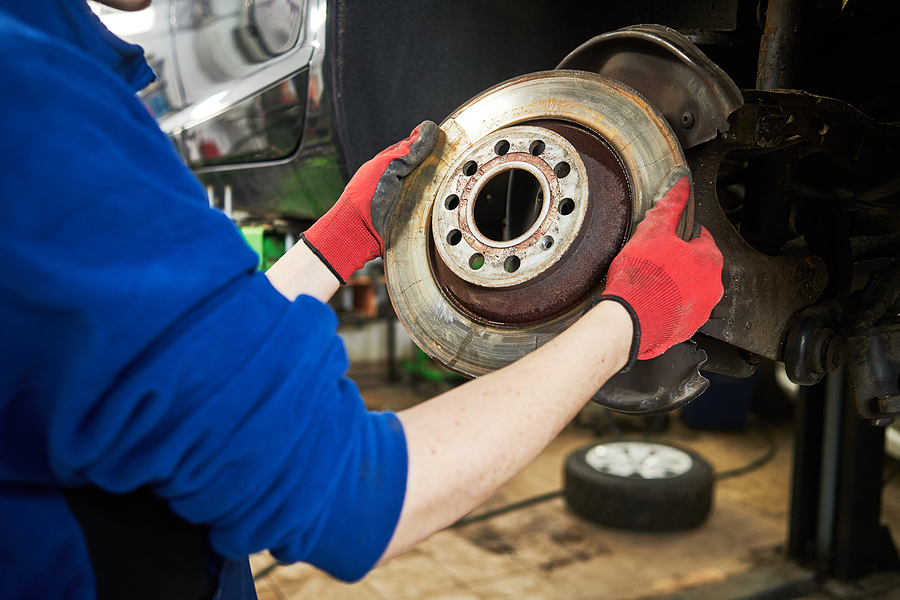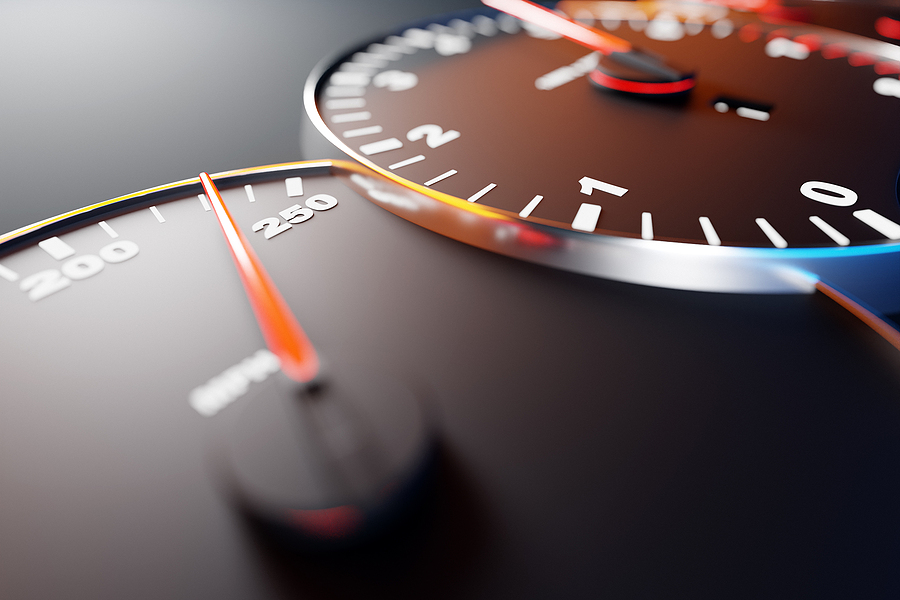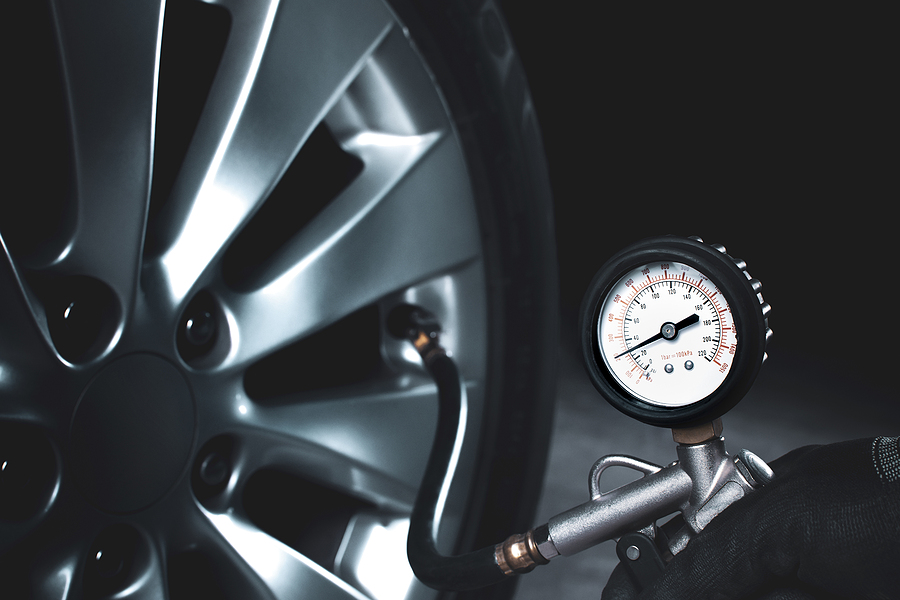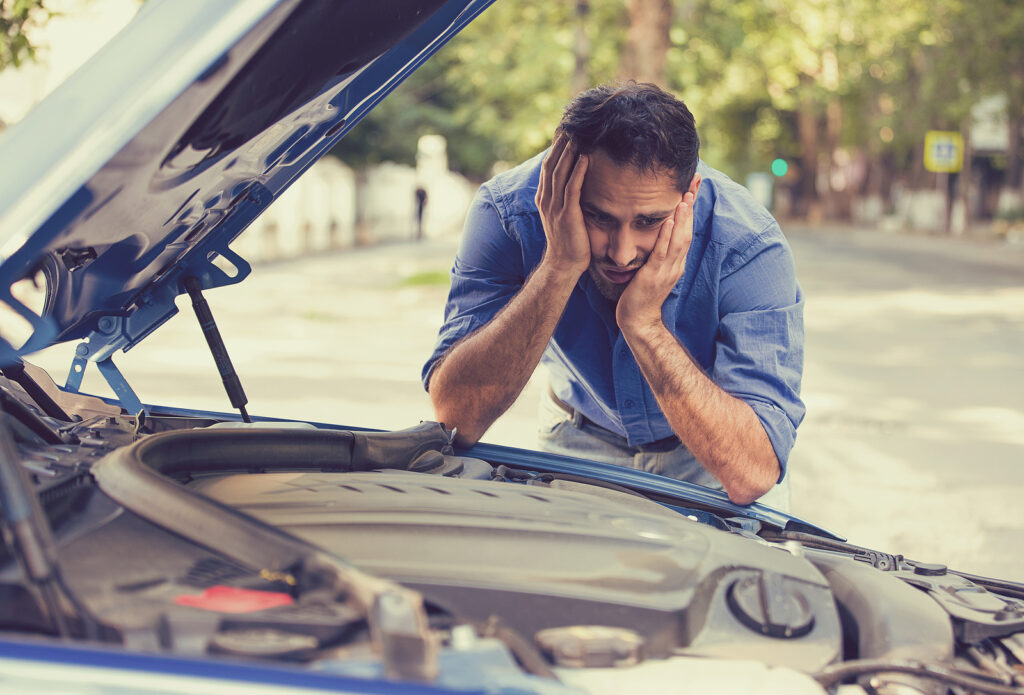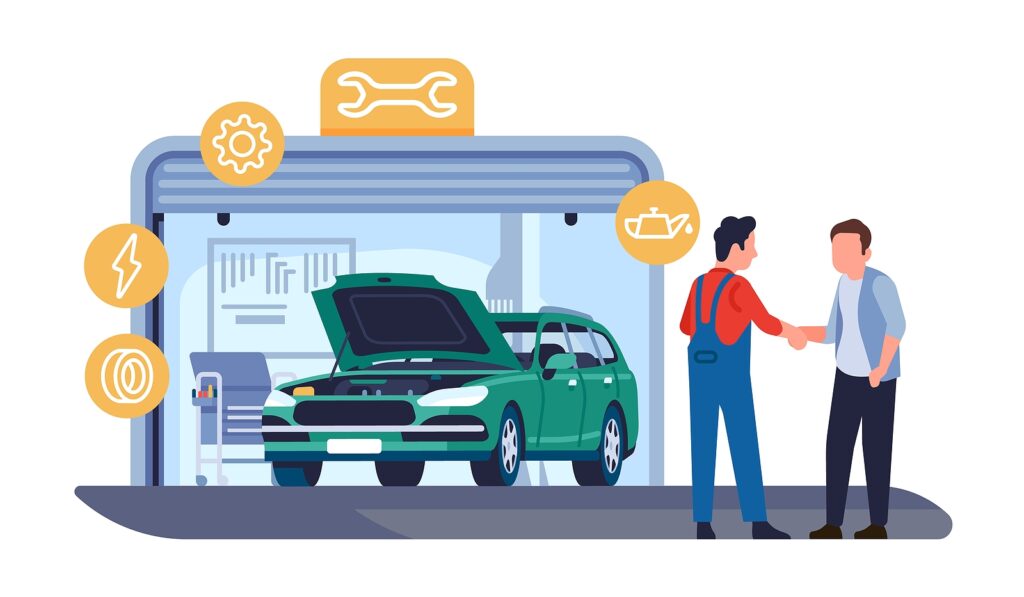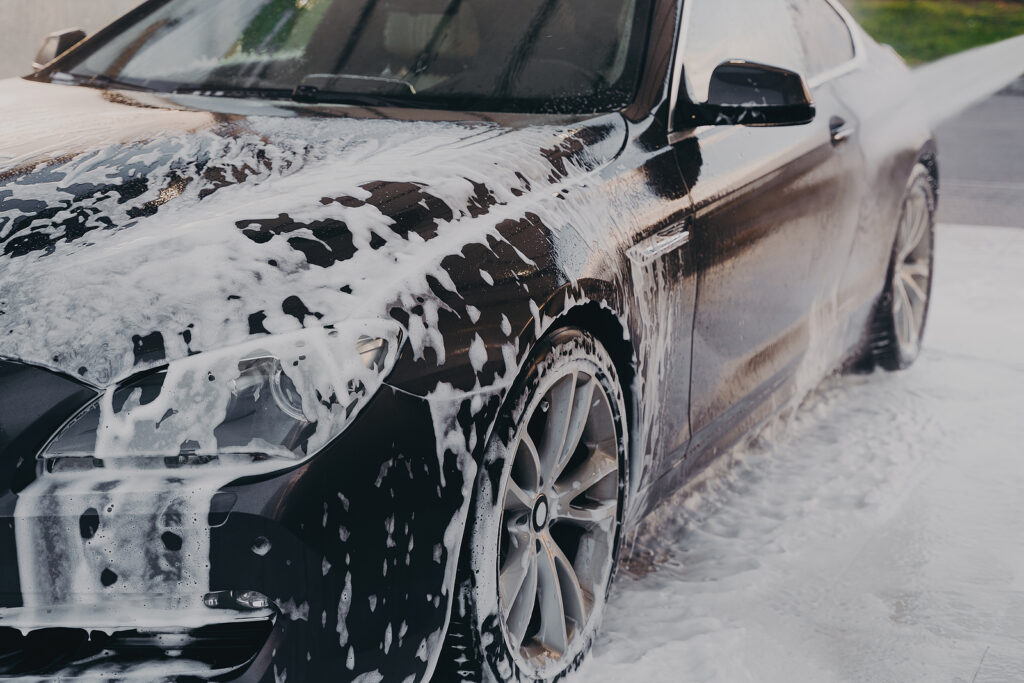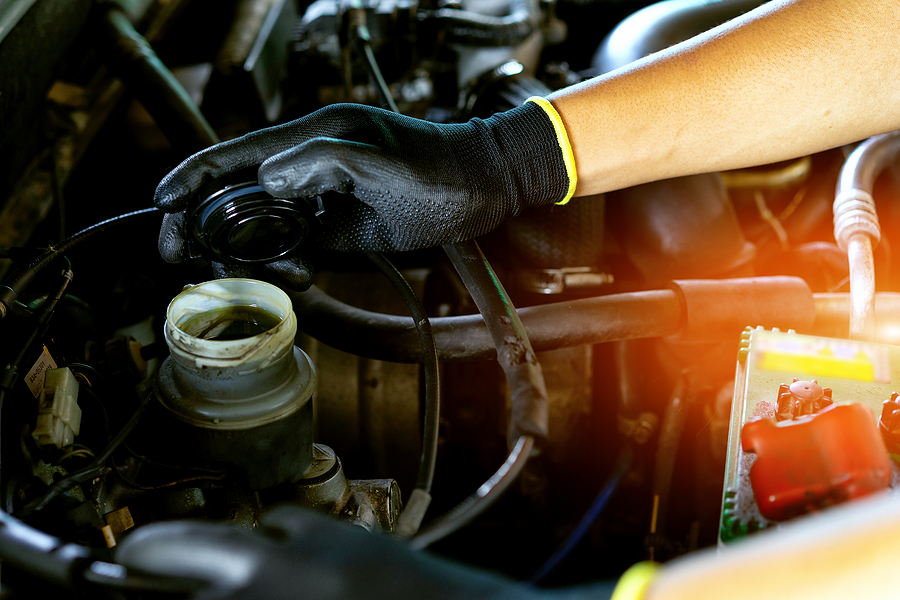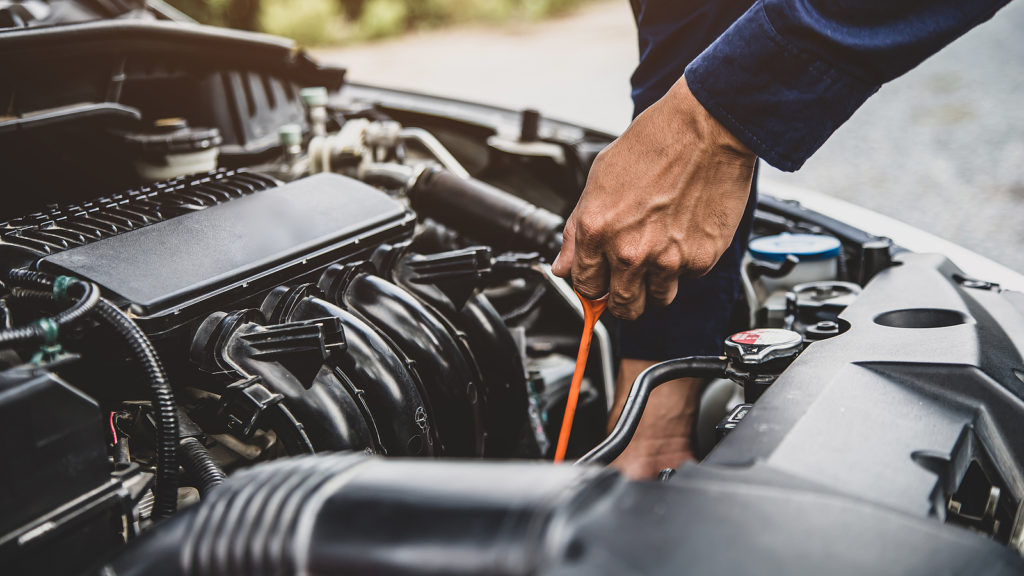Winter is nearly here, bringing with it the challenge of ensuring your vehicle is ready for the cold weather. For starters, tire pressure and tread are critically affected by temperature variations, making it important to ensure all tires are properly inflated and tread depth is sufficient. Additionally, an oil change is also paramount as wintertime can often bring excess strain on motor oil’s ability to protect parts of the engine. But there is a lot more to prepping your ride for the winter climate.
Continue reading to learn how to winterize your car in preparation for the cold ahead.
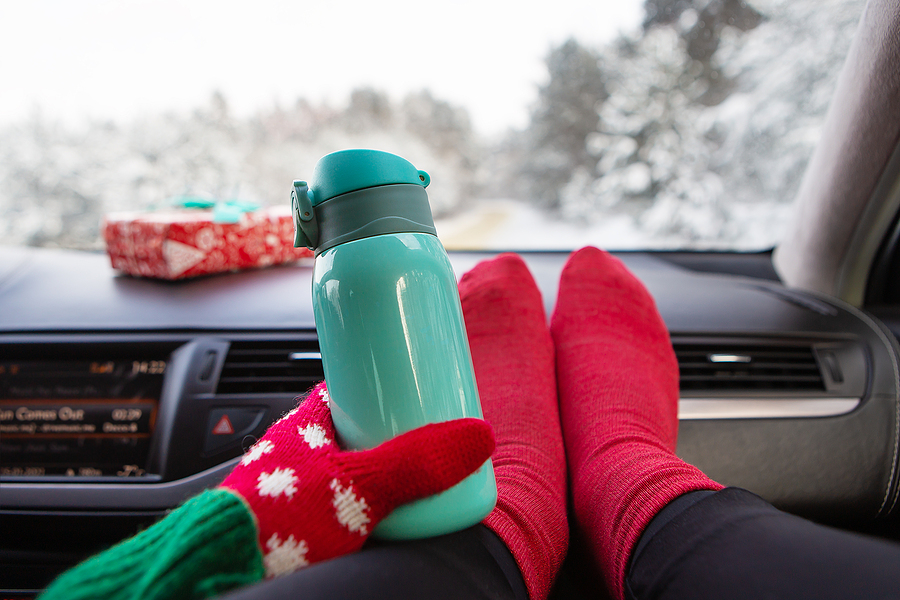
What You Need to Know About Winterizing Your Vehicle
Here are some tips on how to winterize your car and make sure it’s ready for the snow and ice:
1. Start With a Car Care Check-Up: A good car care check-up can ensure your car is in top condition for the winter. Have your car serviced regularly, including oil changes and tire rotations, to make sure everything is running smoothly and efficiently.
2. Change Your Tires: Make sure your tires are suitable for winter conditions. If you live in an area with snow and ice, invest in a set of quality winter tires or snow chains to ensure your car has the best grip possible.
3. Check Your Battery: Cold weather can take its toll on car batteries, so make sure yours is up to the task. Have it tested by a professional auto service technician and replace it if necessary.
4. Top Up Fluids: Keep your car running smoothly by topping up oil, coolant, washer fluid, antifreeze, etc. Check your owner’s manual for the correct type of fluids to use in each situation.
5. Have an Emergency Kit Ready: It’s always a good idea to carry an emergency kit with you in case of breakdowns or other problems. Keep things like jumper cables, flashlights, blankets, and snacks in the car at all times.
6. Get Scheduled Auto Service. To truly ensure maximum efficiency during the chilliest of months, a comprehensive vehicle checkup should be scheduled at your preferred repair shop. Taking heed of these basic preventative maintenance steps can go a long way in keeping your car poised for success when winter finally arrives.
These tips can help ensure your car is ready for winter weather conditions. Regular maintenance and car care will go a long way towards keeping you safe and sound during the cold winter months. Don’t forget, it’s always a good idea to read your owner’s manual for specific winter car care tips that may be relevant to your vehicle.
Carmel Indiana Auto Repair and Maintenance
Autohaus Dierolf offers exceptional European and German auto repair and maintenance services in Carmel, Indiana. Our German-factory trained mechanics specialize in servicing all makes and models of European and German vehicles, providing peace of mind knowing that your car is being cared for by knowledgeable professionals. Contact us at 317-571-0800 today and experience the Dierolf Difference! Let us make you a customer for life.
Related Posts:
The Quickest Way to Check Your Tire Pressure
5 Car Maintenance Services That Protect Your Life
8 Automotive Problems Caused By Cold Weather

